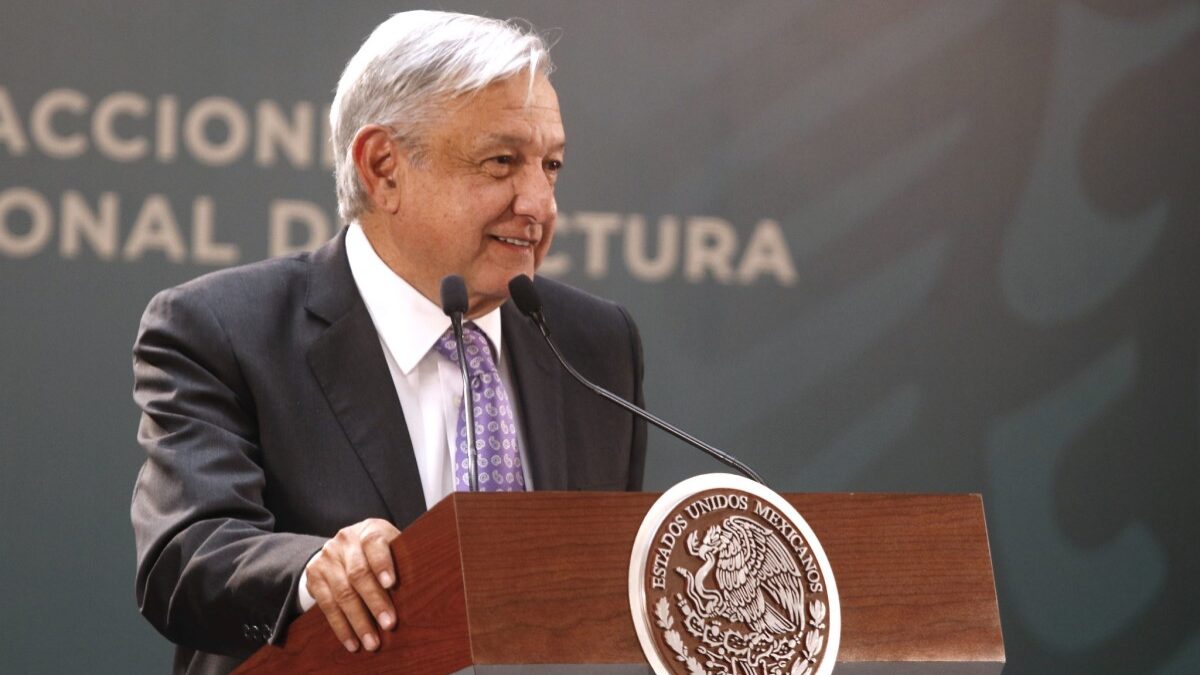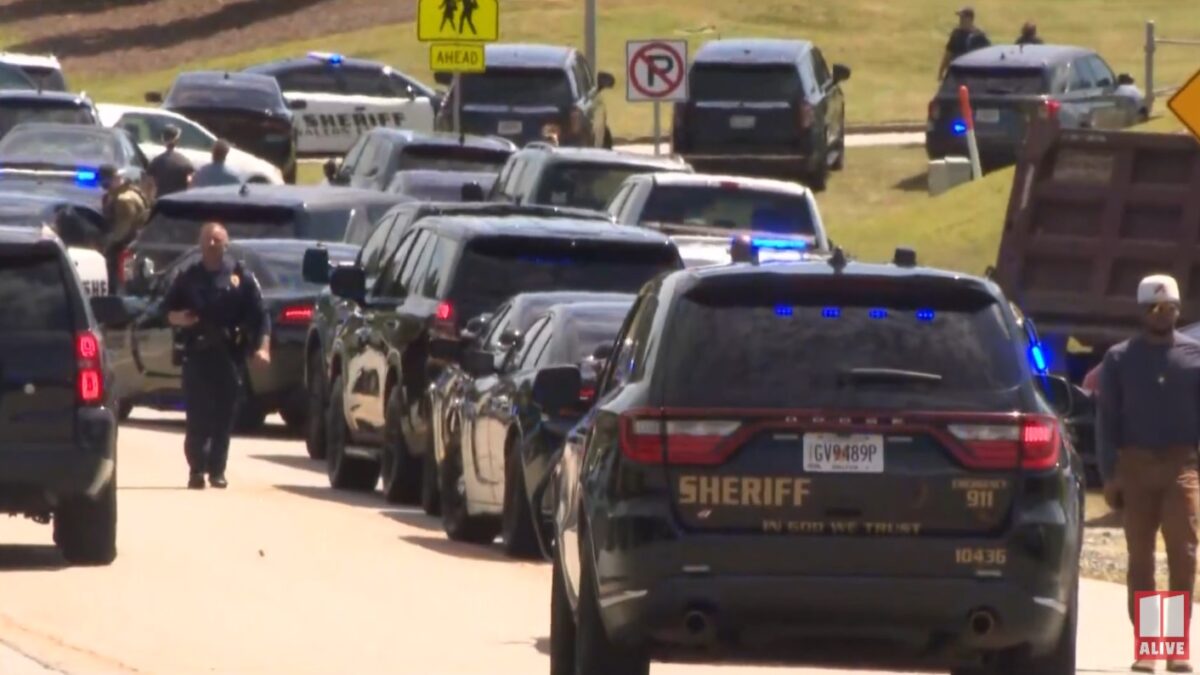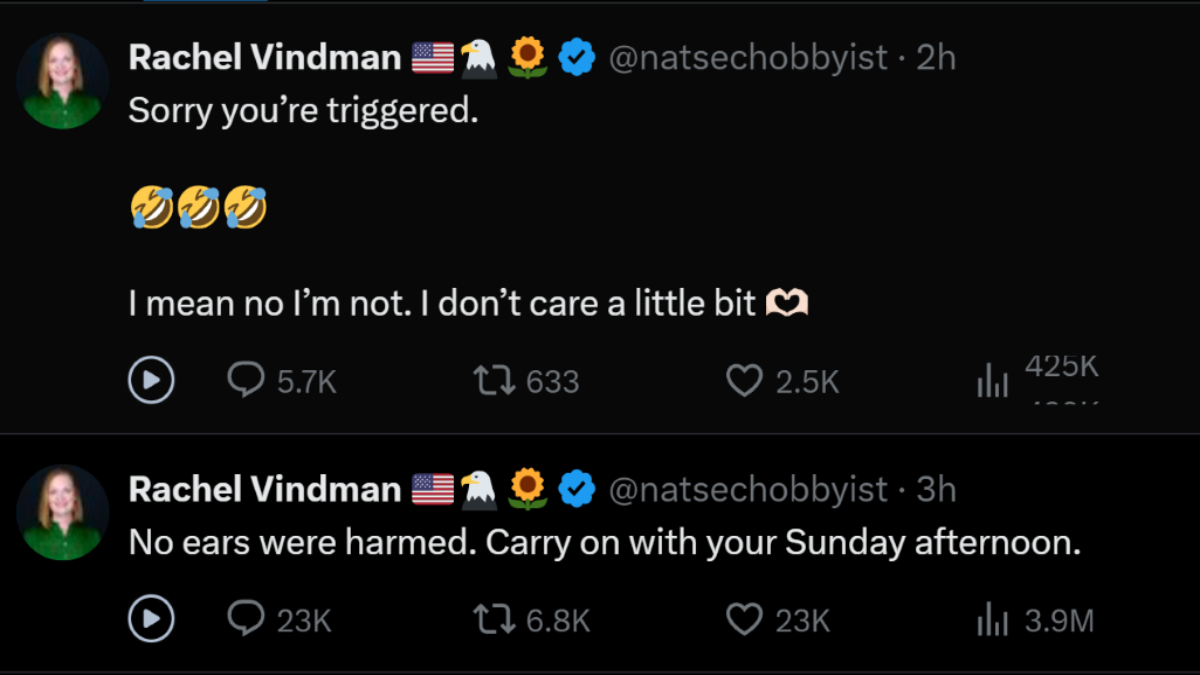
I’ve seen my friends and colleagues on the Left side of the gun control debate dumbfounded at why Second Amendment advocates don’t seem to budge on their views after mass shootings. So I thought I would try my hand at explaining this phenomenon in the hopes that maybe more will be inclined to have a better conversation about guns and the Second Amendment in America. There are several reasons 2A advocates aren’t running to your side of the argument, and it might not be the ones you think.
1. We Rarely Get to Come to the Conversation in Good Faith
The most destructive, divisive response when dealing with Second Amendment advocates is the notion that we aren’t on your side of the issue because we “don’t care” about the tragedy and loss of life. Two years ago at Christmas I had a family member, exasperated that I wasn’t agreeing about gun control, snarl, “It appears that if your [step] daughter was killed because of gun violence you wouldn’t even care!”
I’ve seen journalists, politicians, and friends in recent days say something to the effect of “If children dying (in Newtown) won’t change their minds, nothing will!” The obvious implication is that we are unmoved by the loss of life.
It is a true dehumanization of Second Amendment advocates to think that we didn’t see the events unfolding in Las Vegas and have the same ache deep in our souls. That we, too, haven’t read the memorials of those who gave their lives for others and silently cried over our computers or phones. We felt it, and we hurt, and some of us even died or were heroes and rescued others. As hard as it may be to imagine, a person can watch this, ache, hurt, and be profoundly affected by these events and not change his or her position on the Second Amendment.
You may be thinking that the right-wing kneejerk response to assume that progressives just want to confiscate guns is also a denial of coming to the table in good faith. You would be right. However, I suggest assuming progressives just want to ban guns, or some other policy, is not equivalent to thinking, “If you really cared that people died you would agree with me.”
2. The ‘Blood on Their Hands’ Attacks Are Offensive
The constant screaming about the National Rifle Association’s influence means nothing to many of today’s gun owners, but the “blood on their hands” attacks do. The NRA certainly has policy sway on Capitol Hill, but to the average gun owner it’s seen as the first line of defense, not a holy church with Wayne LaPierre as the pope.
For example, my family of gun owners left the NRA last year—and many felt the same way—when they capitulated on some due process rights issues (that then-candidate Trump agreed with). That was the last straw in what many viewed as a string of policy concessions. Few, in my experience, view it as Charlton Heston’s NRA and consider it too cozy with “the swamp.” Honestly, the best thing that could happen to the organization is a serious challenge to the Second Amendment, because the people who have stopped supporting the organization over other policy issues would come flying back.
Unfortunately, celebrities and loud voices in the media appear to use NRA and “gun owners” interchangeably. The average gun owner sees a tweet, Facebook post, or editorial cartoon depicting the NRA as blood-soaked and they believe it’s really talking about gun owners. Same with Jimmy Kimmel in his late-night monologue, or when CBS’s Scott Pelley mused if the assassination attempt on congressional Republicans was “to some degree, [a] self-inflicted” event.
3. The Loudest Voices Are Often the Most Ignorant
Whether it is an explosive news story or a late-night show host, journalists and celebrities are pretty ignorant about guns. I can see why the Left constantly feels right-wingers are deflecting the gun debate because we get pedantic at details, constantly correcting things like the inappropriate labeling of “assault rifles.” While this is an extremely emotional issue after a tragedy, it’s also a policy debate.
Good policies should be extraordinarily specific, explicit, and, you know, accurate in describing what it’s actually legislating. It’s hard for Second Amendment advocates to believe that the loudest voices are approaching this policy issue with seriousness when they constantly get even the most basic details wrong. I don’t want legislation that’s been emotionally manipulated into existence, I want legislation that is shown to actually do what it is intended to do.
4. The Most Prominent Policy Ideas Have Nothing to Do With the Tragedy
There’s an excellent column by Leah Libresco in the Washington Post explaining how certain policy initiatives haven’t actually been shown to prevent mass shootings. It’s a great primer on the nitty gritty data that Second Amendment advocates see supporting their side of the argument. I understand it can be frustrating that 2A advocates don’t seem to want to “do something” after a tragedy. But when we go down the laundry list of policy proposals after a tragedy it’s hard to consider them effective at preventing another tragedy when they wouldn’t have prevented the one that inspired them.
5. We Seriously Don’t Care About Gun Laws in Other Countries
We really, really don’t. That, of course, is because of the Second Amendment. The countries often brought up in the gun control debate not only have less than conclusive results (see the above link) but they don’t recognize personal possession of a firearm as a constitutional right. That is the bottom line. While their gun confiscation laws and the outcomes might be interesting, they are not applicable here.
6. We Really Do Consider Owning Firearms a Right
I view the Constitution and the Declaration of Independence as declaring the intrinsic and inalienable rights of life, liberty, and the pursuit of happiness. And I believe the framers knew that liberty is only achieved when the citizenry is known to keep tyrannical government, and those who would do me harm, at bay. My favorite explainer on citizens and their relation with tyrannical government is James Otis’ “Rights of the British Colonies” essay, but many like to use Hamilton’s Federalist Paper No. 29.
Beyond that, part of having liberty is personal safety from harm. Outside of the grace of God, I am the one primarily responsible for my safety, because I am able to be responsible for my safety. While I view the government’s primary responsibility the safety of its citizens, I am first responsible for my safety. Further, because I am able to be responsible for my safety, I have a duty as a good citizen to be prepared to protect others who cannot protect themselves. This is part of liberty. And the primary way I can ensure my liberty is by owning a firearm (and voting for those in favor of limited government—but that’s another debate).
Second Amendment advocates truly view owning a firearm as an intrinsic right and a must to preserve liberty. It has nothing to do with hunting. It has nothing to do with hobbies. That’s why when discussions of firearms that aren’t meant for hunting come into the debate you don’t see many advocates conceding they aren’t needed. Further, it’s the primary reason we seem unwilling to budge on this policy when tragedies occur. Evil acts don’t cancel out a law-abiding citizen’s rights.
So many gun control advocates are begging for a conversation on this issue, and it’s unfortunate they don’t see the Second Amendment advocates as willing to engage. I find it hard to have an honest and vulnerable conversation about a deeply held right when the starting point is often challenging my motives while coming from a place of ignorance on firearms. If you’re really looking to win over your gun-loving friend, try reading up on firearms, dumping anti-NRA talking points, and assume he or she is equally committed to preventing these evil acts.









